[This interview was originally published in May 2017.]
Timothy B. Schmit is quick to admit he’s a lucky man. Beginning in the late ’60s, as a member of Poco, the singer-bassist was at the forefront of a country-rock resurgence that flourished over the next decade. Then, in 1977, Schmit was asked to join Eagles—by far the most commercially successful ensemble to emerge from that very resurgence. Eagles famously split up just three years later, in 1980, but not before a song that Schmit brought to the band—“I Can’t Tell You Why”—staked its place as a permanent fixture on classic rock radio.
Eagles reunited in 1994, pressing forward with tours and other projects until, sadly, founding member Glenn Frey died in January 2016. Schmit played an integral role in all of the group’s endeavors during this period, including the making of the revealing 2013 documentary, History of the Eagles. It’s important to note, however, that during Schmit’s downtime from the Eagles—and earlier, from Poco—he was hardly idle. An in-demand session artist, the Rock and Roll Hall of Famer contributed his talents to a stunning array of hits—from Toto’s “Africa” to Bob Seger’s “Fire Lake” to Steely Dan’s “Rikki Don’t Lose That Number.” He also toured with Ringo Starr—as part of the former Beatle’s 1992 All-Starr Band—and served as a key member of Jimmy Buffett’s Coral Reefer Band.
Watch Timothy B. Schmit sing “Red Dirt Road” from Leap of Faith
Through it all, Schmit has also found time to record the occasional solo album. His latest, Leap of Faith, builds strongly on the mostly do-it-yourself ethos be brought to his 2009 record, Expando. Written over several years, the songs on Leap of Faith range from acoustic folk balladry to funky R&B to, yes, California-flavored country-rock—with splashes of reggae, bluegrass and traditional country tossed into the mix as well. Schmit’s beautiful tenor—and an overarching sense of musical sophistication—serves as the glue that binds the myriad styles together.
“I don’t feel confined by any outside perceptions about what I do,” he says. “I just try to pull songs out of the ether and shape them as they come, whatever the genre.”
Best Classic Bands caught up with Schmit recently during the lengthy solo tour he first embarked on last year. This past March, shortly before Schmit set out on the tour’s current leg, word came that the Eagles would be performing at the Classic West and Classic East festivals slated to take place in July in Los Angeles and in Queens, New York. The veteran musician spoke with us about the status of the Eagles, his tenure with Poco and his extensive collaborations with other artists. First, however, the talk focused on the making of Leap of Faith.
You wrote the songs for Leap of Faith over a period of several years, and yet the material holds together beautifully. It’s a true album, not just a collection of songs. How did you manage that?
Timothy B. Schmit: That was an issue that was very much on my mind. There’s such a mishmash of styles, of different genres. When the record was finished, I wrote down an idea for the song sequence. And when I played that initial sequence, it seemed to hold together, which kind of surprised me. I suppose there’s some sort of common thread there, but I don’t really know why it works. Probably the thread is that it all comes from me, that it’s my songwriting.
You’ve said that with this album, and to a lesser extent with Expando, you feel you’re just now coming into your own as a songwriter. Do you know why that’s the case?
I feel that this album is almost a sister to the Expando album, in that it’s all me and there are no [songwriting] collaborations. But I don’t really know why that’s happening now, as far as my personal creativity goes. It seems to have happened to a lot of others when they were much younger. I could name many people for whom that’s true, including Glenn, Don [Henley] and Jackson [Browne]. Although I was writing songs when I was younger, I didn’t feel I had much of a clue as to what I was doing, or how I was doing it. There are a few songs from my past where I thought, “Well, that’s pretty decent,” but I didn’t have a discipline. I suppose I’m kind of a late bloomer.
Did Frey’s death have any effect on the tone of the album, or the songwriting?
Glenn’s passing of course affected us all in a very deep way, but I had already pretty much finished what I was doing for the album. In fact, the last song I recorded was something I had written 10 or 12 years earlier, a song I dug up titled “It’s Alright.” I can’t really say that his passing had a lot to do with the content.
One thing that’s clear is that this is an album for adults, for people who are a bit far along in life. There’s an element of sophistication in both the music and the lyrics.
Yes. I suppose that just comes with age. It’s where I am right now. I’m looking at my life a lot differently now. A lot of people around me are starting to drop off the planet. It really makes you take a hard look at your life, and realize that there’s no time to waste on trivial things, on things that don’t really matter. Life is fragile—you just never know. I take extremely good care of myself now—and have been doing that for quite a few years—but still it’s a crapshoot. You can hedge your bets a little, but ultimately you just never know what might happen.
Let’s look back a bit at your early days in music. Do you feel that Poco has gotten its proper due as one of the pioneers of country-rock?
I do think Poco is respected as one of those pioneers. Did the band get its due credit? I think its reputation sits right where it’s supposed to. The reason I say that has to do with the bottom line, which is songs. We had some good and near-great songs, but they weren’t as well-crafted and radio-friendly as the ones that Don and Glenn and the Eagles were creating. We would drive from show to show—we were on the road all the time—and we would hear Eagles songs on the radio, right and left. And we would scratch our heads, wondering what was going on, why that wasn’t happening for us. We were definitely envious, but it’s really simple: They were writing radio-friendly songs. That’s what it comes down to. It’s the same reason that Eagles songs continued to be played on the radio when we—the Eagles—broke up for 14 years. It’s song power.
Watch Poco perform “C’mon” in 1972
Do you have a sense of why the songwriting partnership between Frey and Henley worked so well?
A lot of it was timing. Everything was aligned when those guys got together. They had a dream, a vision. As Glenn says in the documentary, they rolled up their sleeves and went to work. If I had to put my finger on one thing in particular, it’s precisely that—that they really worked very hard. And that taught me a lot. In fact, even back in the days of Poco, I saw that quality in Richie Furay. Writing a song is work. You have to go deep in order to mine the material and dig it out.
Related: BCB’s interview with Richie Furay
You mentioned the History of the Eagles documentary. Were you surprised at the extent to which everyone was willing to lay things out on the table, and be as open as they were?
No, I wasn’t surprised. The idea behind it was to give everybody—present and past members—a chance to talk about their experiences as one of the Eagles. That was the whole idea—to talk truth, and not “candy-coat” anything. There’s stuff that wasn’t talked about, but it’s stuff that shouldn’t be talked about. And I don’t mean to be mysterious about that. It’s like any relationship—you take things so far, make things public only to a certain point. And I think we got to that point. It was good. Everybody got to speak their mind.
Can you give an example of what wasn’t talked about?
Well, for instance, why go into detail about, say, our drug usage? That’s all I meant. The film was explicit enough.
You had “I Can’t Tell You Why” partially written before you joined the Eagles. What drew Frey and Henley to it, and made them want to help finish it and turn it into an Eagles song?
I think the piece of that song that I brought touched upon that thing that they wanted, something that resonated and had the potential to be very good. And they were sure they could help shape it into a song that could be played on radio, something that people might want to hear again and again. It had the sort of spark they were always looking for in their own material.
Watch Schmit perform “I Can’t Tell You Why” with his solo band in 2017
Was its R&B vibe part of the attraction as well?
I’m sure it was. Even though I grew up playing folk music—and surf music, originally—I was listening to Motown and Stax on the radio, as well. That music always resonated with me. I was very pleased that the song they picked to work—and the one I was going to sing—was not country-flavored, or something that went in another direction. I was really happy to go in an R&B direction; thrilled, actually.
You’ve been involved in such a vast array of projects, working with artists all across the music spectrum. Do you see a common thread in most of the work you’ve done?
People would call me up because they liked my voice and they wanted some kind of vocal harmony. Sometimes I was asked to come in and sing all the harmony parts, and sometimes I would sing with other people. I got to do the latter with some great singers, some of them well-known and some of them unsung heroes of mine. In the case of the Steely Dan guys, I didn’t harmonize with anyone else, and they pretty much didn’t ask me for my input. They knew exactly what they wanted from me. But anyway, that’s the common thread, the element of vocal harmony.
Related: A longtime music industry executive remembers Glenn Frey
Can you name a couple of those unsung heroes?
There’s a guy I used to sing with a lot named Tom Kelly. He turned out to be a pretty famous songwriter. He wrote a lot of Cyndi Lauper hits—“True Colors,” for instance. And he was also co-writer of Madonna’s “Like a Virgin.” He and I blended really well. There’s also Marcy Levy, who used to sing for Eric Clapton, among others, and a guy named Tommy Funderburg, who sang on a lot of records. He and I often sang together. Those people spring to mind right away.
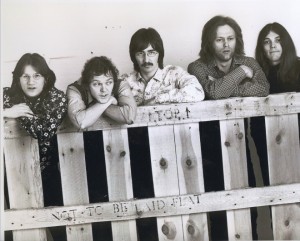
Early Poco (l. to r.): Richie Furay, Rusty Young, George Grantham, Paul Cotton and Timothy B. Schmit
You toured with Ringo as part of his All-Starr Band in 1992, and also went out on the road as part of Jimmy Buffett’s band. How did that compare to touring with the Eagles?
All of us in Ringo’s band worked really hard. When I first got that gig, everybody got sent three or four songs that represented every member of the band. And we went to rehearsals having learned all of them, even though we picked only one or two from each set. It was a lot of work but still a looser kind of thing, as compared to the Eagles. And Buffett was definitely loose. He put out an album where he asked James Taylor and me to come to Key West, to the studio he had there at the time. We spent a week singing background vocals, but also spent lots of time sailing and stuff. That was really great.
The Eagles reformed at the Classic East and Classic West festivals in 2017. How was that decision arrived at?
It’s all timing with decisions of that type. At first we said this is completely over, that we can’t do this without Glenn. But then we decided if we approach it with the understanding that Glenn is irreplaceable—that nobody is going to take his place, and that we’ll use guests to supplement it all—then that’s the way to do it. The other factor is that people still want to hear that music. So we’re going to try this out.
It’s been announced that Glenn’s son, Deacon, will be performing with the band for those shows. How do you feel about that? And will there be any other additions?
Don recently revealed that, indeed, Deacon, will be one of the guests for our two summer shows. In fact, Joe, Don and I had already gotten together with him shortly before we all got busy again with our solo shows. He has been diligent in studying what needs to be done, and we’re confident this will work out nicely. In fact, before we started playing a note, I asked him directly if he was up to the task, and he replied that he was. As far as other participants? I’m still not at liberty to talk about this. I assume all will be revealed soon enough.
Are there long-term plans in place? Have the three of you looked beyond the Classic festival dates?
That’s yet to be determined. No one’s ruling it out—we’ll see what happens.
[Eagles surprised their fans with an augmented lineup upon their 2017 return with Frey’s son Deacon plus Vince Gill joining their lineup. After a significant North American tour in 2018, they have scheduled a world tour for 2019. Tickets are available at Ticketmaster and StubHub.]
Related: Our Eagles review in June 2018: ‘Different, but the same’
What are your other goals, going forward?
I want to keep doing what I’m doing. I’m doing a lot of live shows and really enjoying it. It’s not a financial thing, believe me. I take out a full band and we work really hard and have a lot of fun onstage. I didn’t really start doing this until I was in my 60s. I wasn’t ready before then, wasn’t ready to go out as a solo artist. But it’s nice. I feel energized by the musical growth I’ve experienced later in life. It’s very satisfying.
Watch the Eagles perform “Hotel California” at their 1998 Rock and Roll Hall of Fame induction

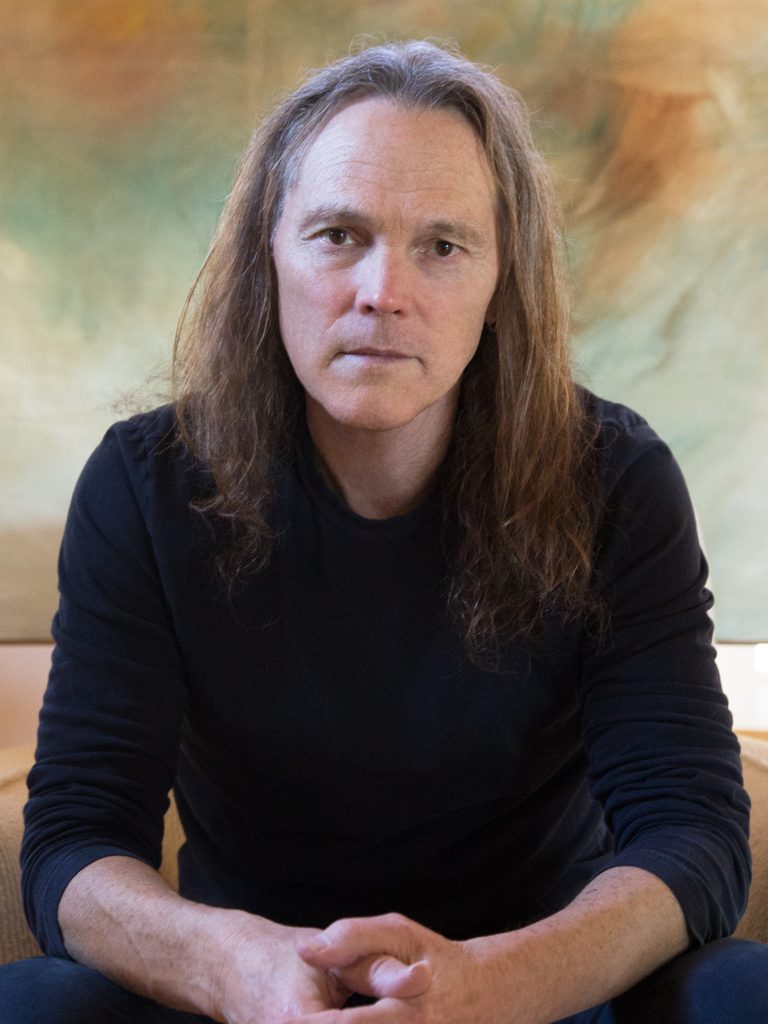
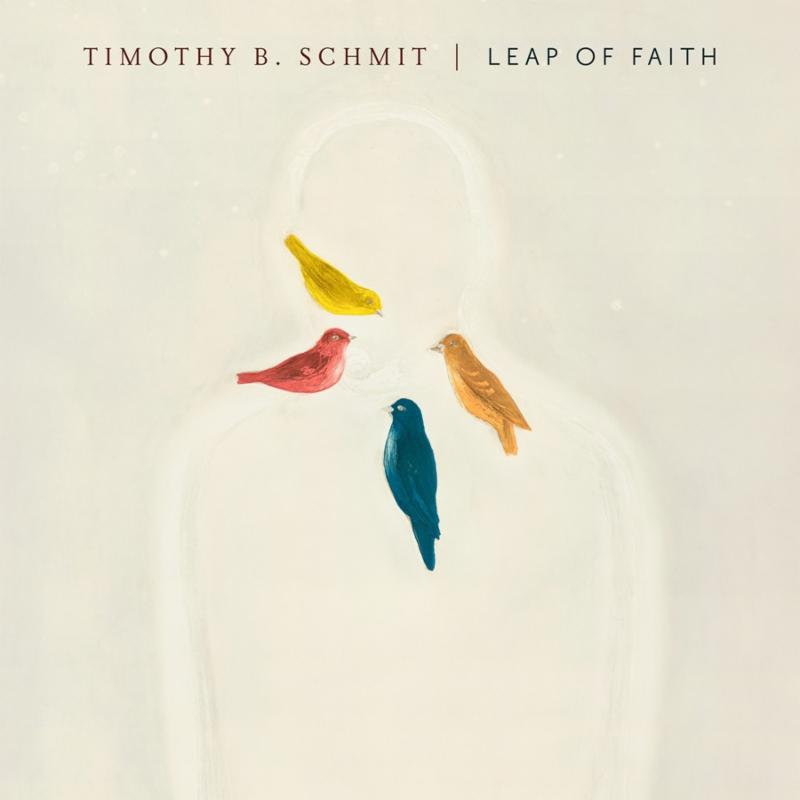
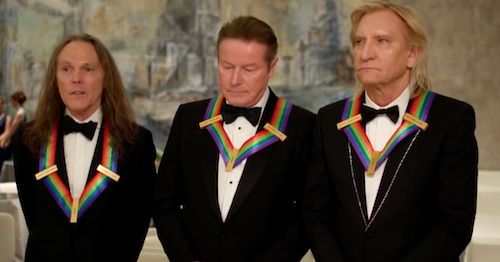

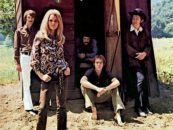

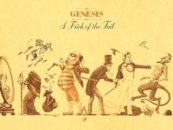

No Comments so far
Jump into a conversationNo Comments Yet!
You can be the one to start a conversation.